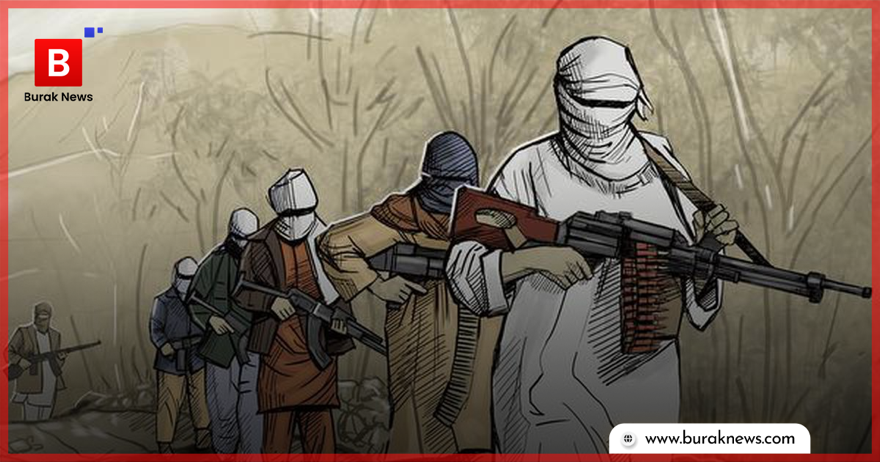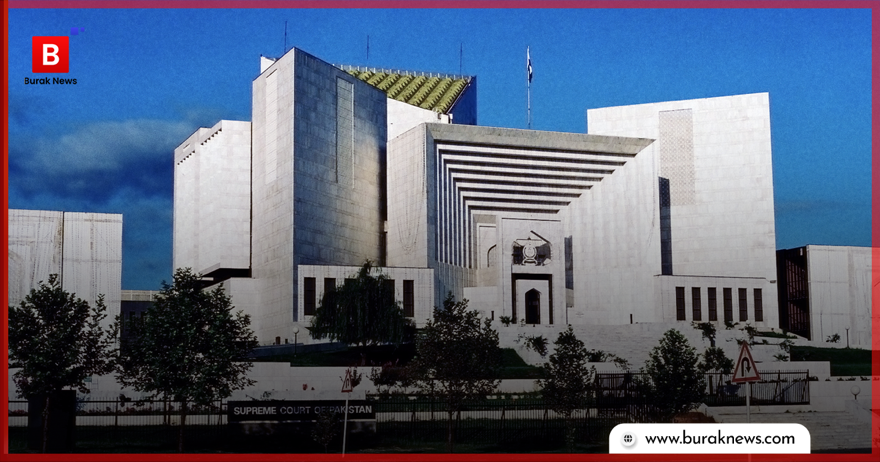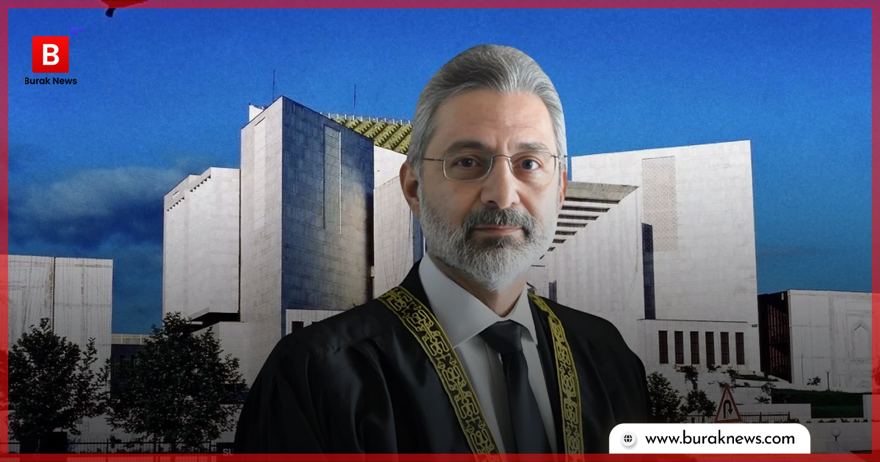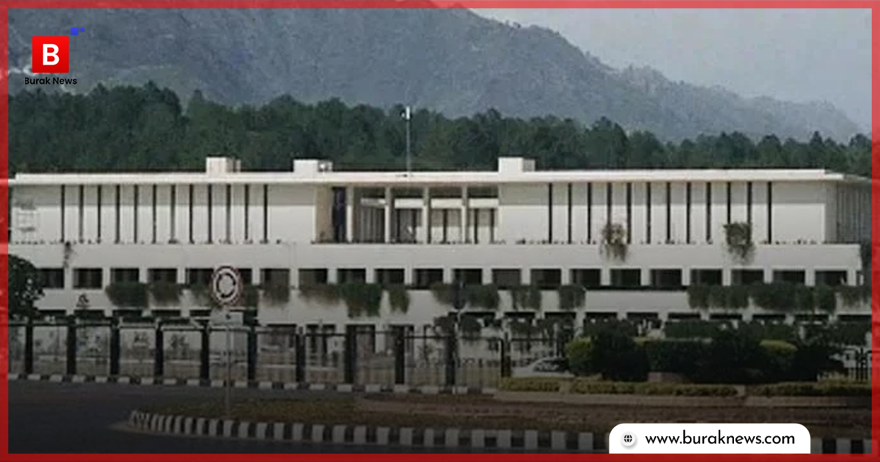A Looming Terror

The United Nations Security Council has issued a stark warning about a looming threat to Pakistan’s national security, fuelled by the alarming resurgence of Tehrik-e-Taliban Pakistan (TTP). This Sunni Islamist militant group, now empowered by its alliance with the Afghan Taliban, has ramped up its cross-border attacks, with a disturbing focus on military installations. The renewed vigor of the TTP highlights the urgent need for Pakistan to reassess its counter-terrorism strategy. With civilians increasingly caught in the crossfire, the impact of this escalating violence extends far beyond the battlefield, demanding a comprehensive and urgent response.
TTP’s defined aim is imposing strict Islamic religious law in Pakistan, similar to the Taliban’s regime in Afghanistan. Over the years, TTP has done numerous attacks targeting military posts, government buildings, and civilians. The intensity of their violence peaked between 2008 and 2013, with high-profile cases like the Army Public School attack in Peshawar, resulting in significant loss of life. In response, the Pakistani military launched Operation Zarb-e-Azb in 2014, targeting TTP strongholds in North Waziristan. Nonetheless, the operation weakened the group successfully, violence resurfaced after a brief ceasefire in 2018.
Following a merger with other militant groups, TTP resurfaced in 2020 causing new challenges for Pakistani security forces. Negotiatory talks between Pakistan and TTP, facilitated by the Afghan Taliban, collapsed in 2021, leading to new military operations. Despite these efforts, TTP continues to survive and operate by taking advantage of geographic locations which provide natural hideouts, by finding cross-border sanctuaries, and by using local problems to their advantage.
In 2024, Pakistan’s government approved the launch of a new military operation, Azm-e-Istehkam (Resolve for Stability), in response to growing violence and territorial attacks. This declaration comes at the time when Pakistan accused the Taliban government in Afghanistan of sheltering TTP members, which they consistently denied. If by chance this operation outspreads into Afghan territory, it could further strain the already fragile relations between Pakistan and Afghanistan, resulting in regional tensions.
TTP’s determined ability to survive military pressure cannot be ignored. They operate in tribal areas which act as natural hideouts and complicate military operations. The location close to the Afghan border provides them with a cross-border sanctuary. TTP assistance from local support networks and alliances with other militant groups also play a role in boosting their operational capabilities. They are highly adaptable and can quickly rearrange after setbacks using their ideology as strong motivation. Though, the counter-terrorism policies are formed their incompetent implementation has stalled continual success against the group.
The previous military operations have mixed outcomes. While they have managed to control terrorism by pushing back TTP and weakening the group, they have also inflicted miseries on the locals.The high price, to such operations, of displacements and economic hardships for civilians really raises serious questions over whether military operations are the best options to deal with such cases. Probably, military actions would blend more effectively with diplomatic engagements and development in order to tackle such situations.
To gain public confidence, Prime Minister Shehbaz Sharif even clarified that the new anti-terrorism operation would not cause any large-scale displacement and civilian suffering. However, this assurance has done little to suppress locals’ concerns for their safety and community. Voicing his opposition, Maulana Fazlur Rehman specified “People are ready to be buried in the ruins of their homes, but they do not want to be humiliated again.”
While the TTP is a serious threat, this situation has called for a serious reassessment of a more balanced approach by the government of Pakistan. There needs to be an inclusive strategy beyond military operations toward uprooting the source of growing extremism. This must also be accompanied by socio-economic development, a focus on good governance, and constructive dialogue with local groups. Also, for regional stability, Pakistan will have to take diplomatic measures in resolving the border problems with Afghanistan. The comprehensive approach would enable Pakistan to achieve long-lasting stability and security in the region.
The writer is a researcher based in Islamabad.
Arooj Fatima







